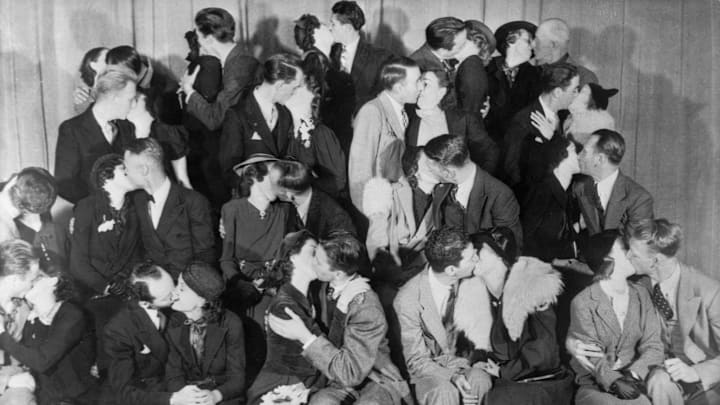I am a sucker for epistolary stories and have enjoyed horror with Dracula or science-fiction with The Martian. There are great love stories expressed in letters and I first decided that this was a thing I enjoyed in romance with Love, Rosie, Cecilia Ahern's second novel. When I saw a similar premise described in Donna Marchetti's Hate Mail, I decided to see which one was the true love story. And the answer is...not that simple.
Immersion vs. Incidents
From the beginning, Love, Rosie is written entirely in correspondence. We see children issuing invitations to birthday parties and notes sent home from a frustrated teacher. These missives evolve into instant message chats and e-mails and are interspersed with things such as newspaper articles or christening invitations. It is not until the final scene that we see face-to-face interaction and the payoff of that is immense. I related to it deeply as someone who loves talking to friends in ways that can be rewritten and rethought. And it's a classic example of the course of true love never running smoothly.
On the other hand, we have Hate Mail. which starts with the impression of conflict. Naomi gets fan mail at the television station where she works and it lovingly says,, "Dear Naomi, I hope you get struck by lightning and die in the middle of your next weather report." We then see the story that leads us to this point where children assigned to be each other's pen pals try to tactfully stop their correspondence by making each letter uncomfortable for the other. I enjoyed this one because we got to see vignettes of each character's life and the way that they try to express their experiences in written form. Each of them understands more about what their pen pal is going through than they let on and there is emotional transparency that really works in this context.
So, should you read the Irish hilarity or the semi-epistolary book that spends far more time showing the outside lives of our writers? The answer is yes. Love, Rosie leaves a great deal to the reader's imagination and draws them into filling in the gap. Hate Mail has moments of cleverness in its understanding of how difficult it is to put feelings onto paper.
